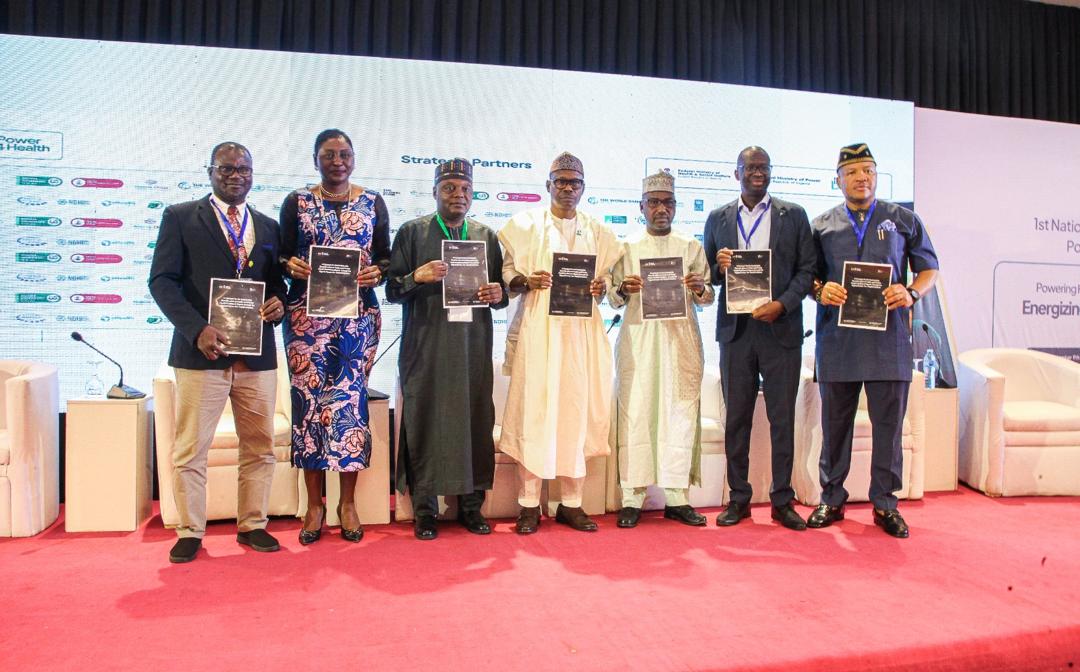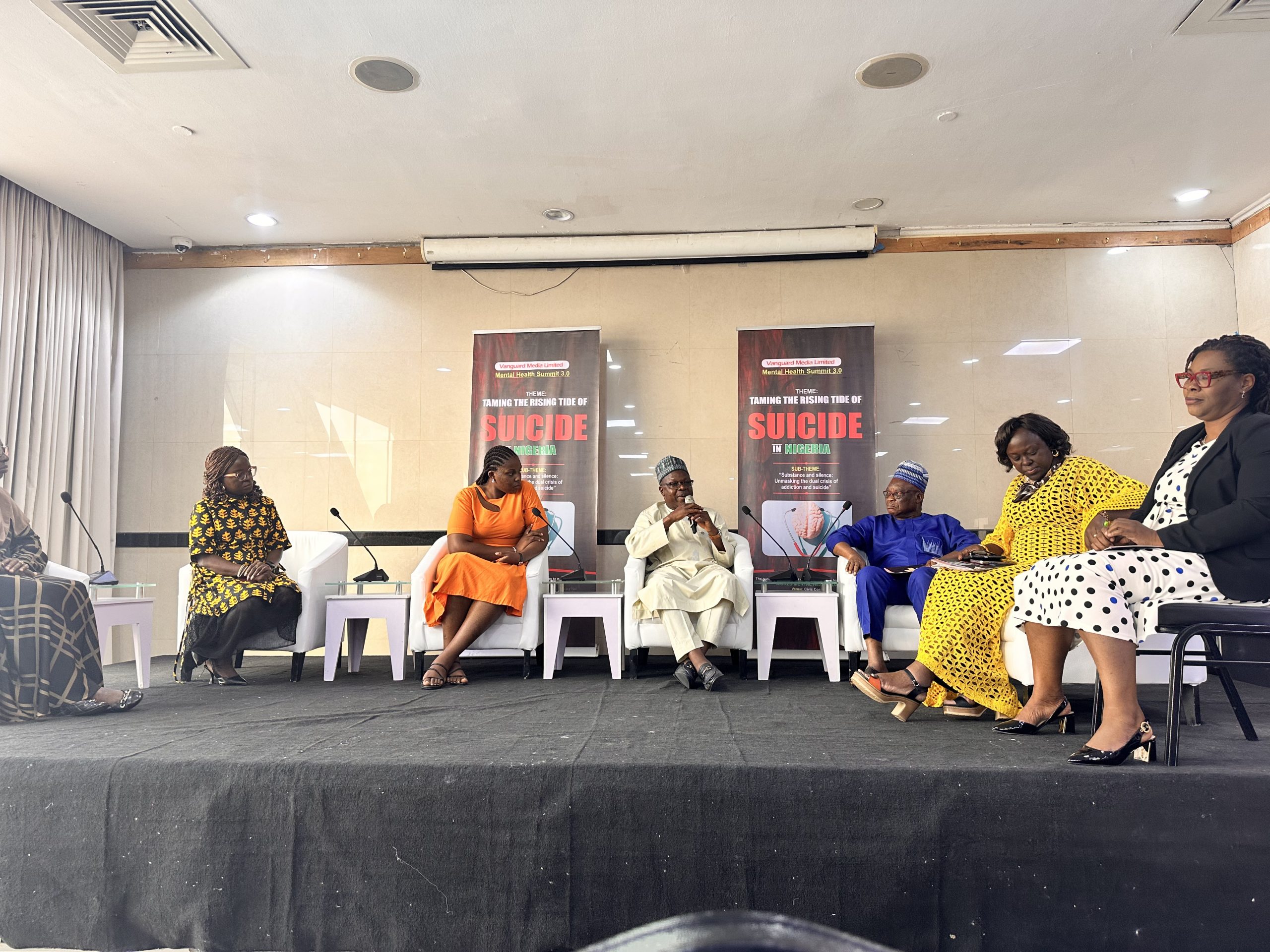The Healthcare Federation of Nigeria (HFN) has urged the Federal Government to include private hospitals in its power reform plans, warning that excluding them could weaken Nigeria’s health system and deny millions of people access to uninterrupted care.
HFN made the call during the inaugural National Stakeholders Dialogue on Power in the Health Sector held in Abuja. The dialogue brought together government officials, energy experts, financiers and health leaders to discuss solutions to the power crisis in health facilities.
Key speakers included the Coordinating Minister of Health and Social Welfare, Muhammad Ali Pate; the Minister of State for Health and Social Welfare, Iziaq Kunle Salako; and the Minister of Power, Adebayo Adelabu.
HFN President and Country Director of PharmAccess Foundation, Njide Ndili, said private hospitals must be central to any power solution.
She said, “Private hospitals provide over 60 per cent of healthcare in Nigeria. If energy solutions and financing schemes exclude the private sector, we will fail to reach most Nigerians. Powering healthcare means powering lives, and that must include every hospital, public and private.”
HFN also presented a national survey of private healthcare providers which showed that although 94 per cent of facilities are connected to the national grid, power supply remains unreliable.
The survey found that some hospitals spend between ₦20m and ₦25m monthly on energy, with power costs taking up 5–25 per cent of their operating expenses and rising as high as 40 per cent in some cases.
Ndili noted that the high energy cost is affecting patients, causing an 88 per cent increase in hospital bills, a 46 per cent drop in quality of care and a 43 per cent rise in pharmaceutical costs.
She called for stronger public-private partnerships and consistent frameworks to attract long-term investment. “It’s not always about profit for the private sector, but about adding value to strengthen healthcare delivery,” she said.
Ndili also urged the government to create a dedicated healthcare infrastructure fund and adopt de-risking models to reduce the cost of alternative power. She emphasised the need to embrace mixed energy sources such as solar, gas, wind and mini-grids to ensure critical units like ICUs, theatres and maternity wards are never left in darkness.
In his remarks, Pate said reliable power is central to Nigeria’s health reform plans. He commended the collaboration between the Ministries of Health and Power, noting that dependable electricity, digital connectivity and private sector investment could transform Nigeria’s healthcare system and end medical tourism.
Salako stressed that access to reliable power is a matter of life and dignity. “No health facility in Nigeria should be left in the dark,” he said.
Adelabu also highlighted the link between electricity and quality healthcare, calling for stronger collaboration between the power and health sectors. He urged stakeholders to expand renewable energy use and turn policy commitments into real results.
The dialogue ended with a call for a coordinated roadmap that defines the roles of government, private investors and development partners. Stakeholders agreed that solving the power crisis in healthcare would require policy reform, innovative financing and diverse energy options for health facilities at all levels.
HFN pledged to work with federal and state governments and other partners to turn the dialogue’s outcomes into real projects. The group also called for quarterly reviews to track progress, stressing that reliable power is vital to saving lives and building a stronger health system.






